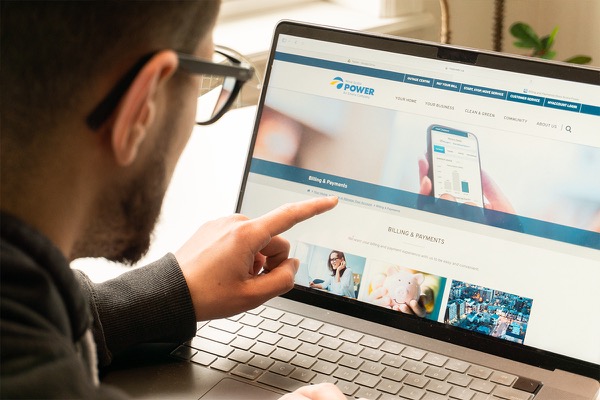Should you invest in rental properties? In this post, we discuss some key points to consider before taking the plunge.

How to avoid a financial hangover
Each year, thousands of Canadian students graduate from school and prepare to enter the workforce. After years of hard work, university and college graduates are ready to start getting paid for their efforts. However, many of these students still have payments to make themselves, in the form of student debt. Plus, the transition from student to professional life can be overwhelming, and result in a lack of knowledge on how to manage your finances. This can lead to overspending, or under-saving. The good news is there are steps you can take to avoid this “financial hangover.” Here’s what we recommend to those about to enter the workforce!
Create a realistic payment plan
A strong payment plan is essential for graduates who need to repay student loans. On top of all of life’s other expenses, such as rent, food, utilities, and car payments, paying off student debt is an unwelcome cost. This is especially true if you are also new to paying for those previously mentioned expenses. It’s important to create a plan to manage your finances and balance your debts. You don’t want to miss out on a payment and end up in further debt, or it can be very hard to work your way through it. Make sure you are clear on your payment due dates, and the amounts you owe. Mark it in your calendar or set reminders on your phone if you need to! Prioritize these payments when you start receiving regular paychecks – you can start putting a little bit from each payment aside if it helps. Soon enough, you will be free from student debt and this particular financial obligation will be a huge weight off your shoulders.
Think about the future
Taking care of yourself in the future is as important as the here and now. The more planning ahead you do, the more relaxed your life will become as you get older. For example, many recent graduates are too young to even think about buying a home, having children, or retiring. However, these are common items, and they are also quite expensive. You need to prepare for the future now so you can enjoy it later. Many people have designated savings accounts where they reserve money for home purchases or retirement. You can open a Registered Retirement Savings Plan (RRSP) or First Home Savings Account (FHSA), which are designed to help you reach those specific goals. It’s also a good idea to create a “rainy day” fund. This is a backup account you can access in case of financial emergencies or expenses. All of this preparation might not seem necessary today, but it will help you keep that financial hangover at bay.
Try to avoid new debts
As you adjust to your new working lifestyle and begin paying off potential student loans, it’s a good idea not to add onto your debts. It’s very tempting to start spending more once we start earning more money. However, think hard before you buy a new car, or go on an extravagant trip. It’s important to focus on clearing out your current debts before you take on new ones. Even if you are lucky enough to be debt-free, it’s better to start building your savings rather than spending your money as you make it. This will help you achieve some fantastic milestones sooner, such as renting a home independently, or putting a down payment on a house. At some point in your life, you will encounter new debts. Eventually you will likely need to purchase a car, pay for a wedding, or apply for a mortgage. However, it is best to have a stable financial profile by that point, and lots of savings to back you up.
Remember to be fair to yourself!
All of these guidelines to avoiding a financial hangover can seem like a bit of a bummer. Does this mean you don’t get to have fun or treat yourself? Of course not! We believe it’s important to reward yourself and indulge once in a while. There’s nothing wrong with a mini shopping spree, a night out with friends, or even something as simple as an overpriced and delicious takeout coffee. The key is to do everything in moderation. You should prioritize your necessary financial payments and obligations, but you don’t need to put every spare dollar into a savings account. You can even create a little budget for “extra spending” for yourself. Place some fun money into an envelope or separate account, and contribute to it once in a while. That way, you have a designated account you can use to treat yourself, without feeling guilty!
Financial hangovers aren’t fun, but they also don’t have to be permanent. There are lots of steps you can take to help yourself manage your money and enjoy a financially stable lifestyle. If buying a home is something you want to work towards, feel free to reach out to a mortgage broker now! It might seem early, but we can prepare you so you have a strong start in the housing market.
If you have any questions about your mortgage, get in touch with us at Clinton Wilkins Mortgage Team! You can call us at (902) 482-2770 or contact us here.


